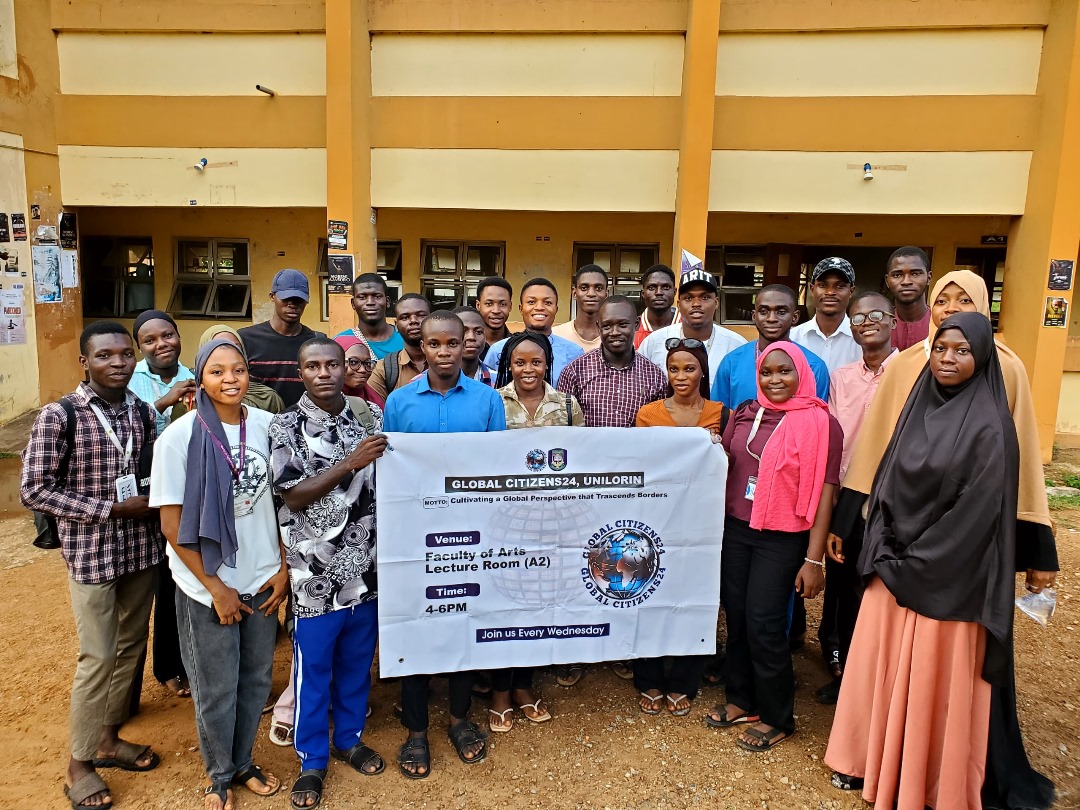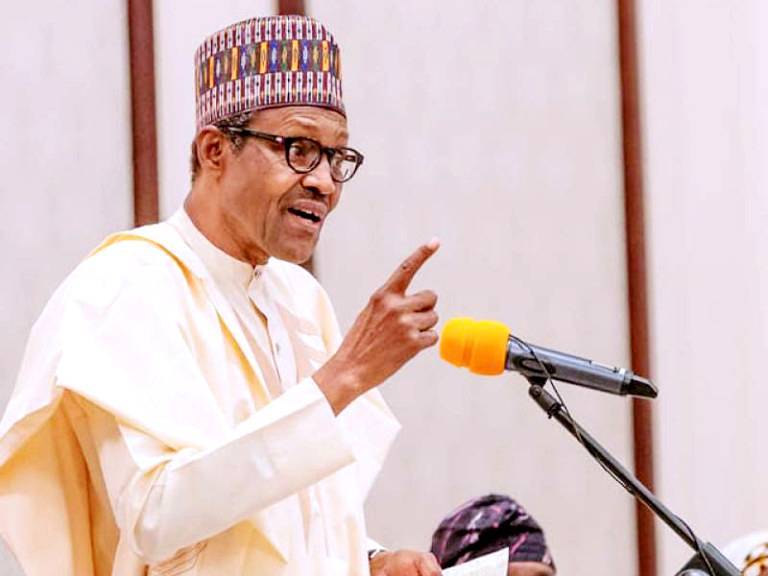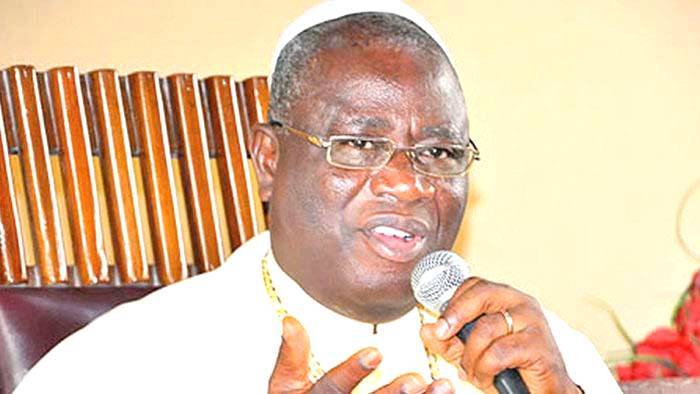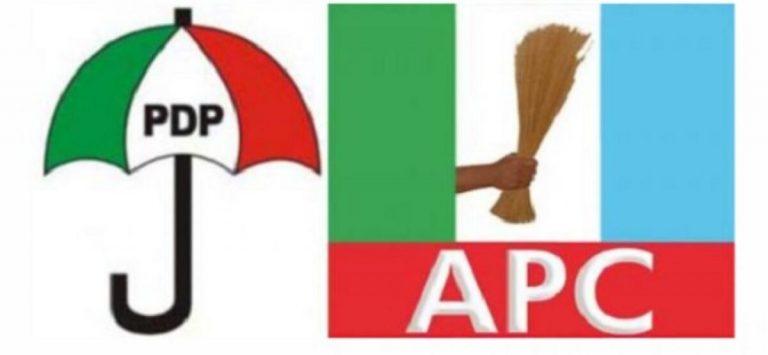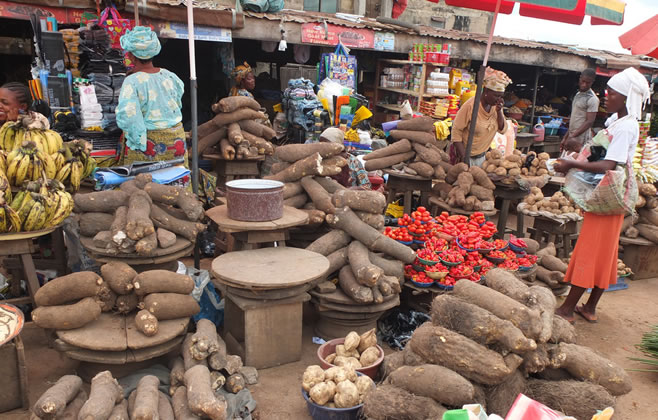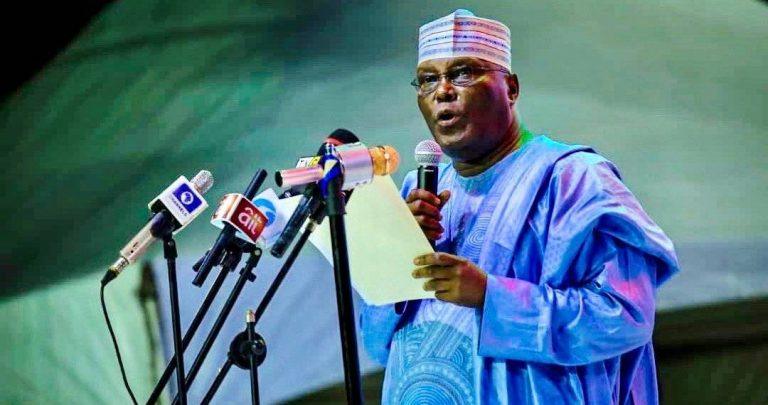Experts say Nigeria must rethink foreign policy to regain global relevance
Nigeria’s foreign policy came under sharp scrutiny on Wednesday, as scholars and international relations enthusiasts gathered for a panel discussion organised by Global Citizens24.
Themed “Where Does Nigeria Stand in Contemporary Geopolitics: Takes and Angles,” the event examined the country’s fading influence on the global stage and called for a strategic foreign policy overhaul.
The panel featured Dr Abdulwaheed Abdulbaki, a lecturer in Economic and Development History at the University of Ilorin; Mr Onimasa Abdulsalam, a political scientist; and Mr Daramola Luke, an international affairs analyst and historian. Each panelist offered a critical assessment of Nigeria’s external engagements, suggesting that the country’s diplomacy lacks a clear vision and tangible benefits for its citizens.
Dr Abdulbaki challenged the long-held belief that Nigeria is the “Giant of Africa,” arguing that the label is more aspirational than reflective of reality. He referenced Nigeria’s historical interventions, such as its major financial and military involvement during the Congo crisis, as examples of excessive international generosity that yielded little benefit at home.
“We have positioned ourselves as problem-solvers in Africa without asking, ‘What is Nigeria gaining in return?’” he said.
Mr Luke focused on Nigeria’s place within the broader Global South, arguing that the current geopolitical structure dominated by Global North powers continues to exploit countries like Nigeria. He pointed to the Nigerian government’s growing ties with France despite widespread anti-French sentiment in West Africa.
“We are aligning with powers that do not necessarily align with us,” he said. “Diplomacy should be reciprocal; France has not returned the courtesy of Nigeria’s outreach”.
Mr Abdulsalam highlighted Nigeria’s shrinking sphere of influence, now largely confined to West Africa through its role in ECOWAS. However, he warned that even this limited clout is now under threat due to internal instability and recent political shifts across the region. “What we call diplomacy today is often just attendance. Real diplomacy should deliver measurable gains,” he stressed.
Members and international relations enthusiasts in attendance raised questions about the interests of global powers like the US, Russia, and the UK in Nigeria, the relevance of ECOWAS, and how Nigeria might reposition itself by leveraging its natural resources and diversifying its economy.
In her closing remarks, Salam Roqueebat, Vice President of Global Citizens24, described the session as more than just an academic exercise, calling it a national wake-up call
“Nigeria cannot afford to remain passive in global politics,” she said. “It’s time we matched our ambitions with strategic actions.”

